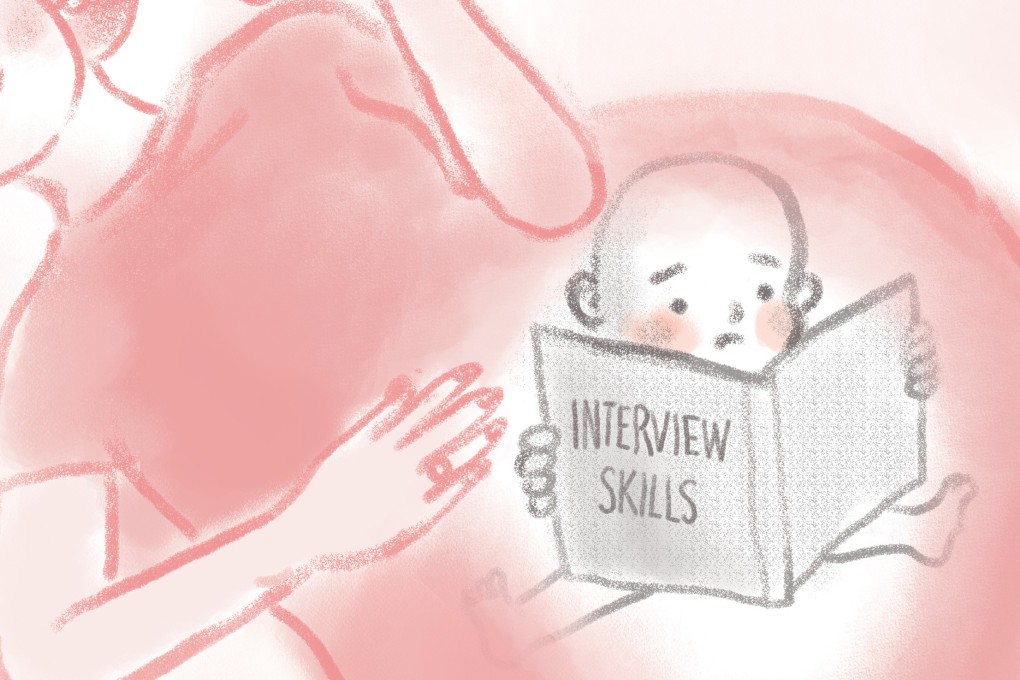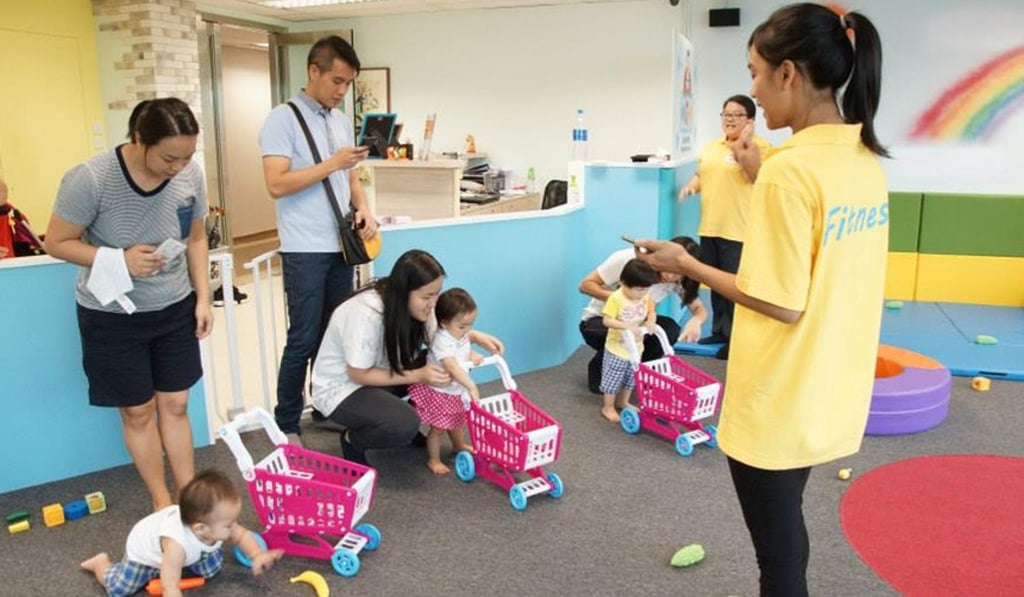Advertisement
Explainer | Hong Kong kindergartens explained: are they the root of city’s education ills?
- With infants undergoing admissions interviews at just three years old, the rigorous approach to education begins long before children reach the schools usually blamed for it
Reading Time:3 minutes
Why you can trust SCMP
5

Is a happy childhood still possible in Hong Kong? Long days, homework overload and a pressure-cooker-like education system have many calling childhood in the city a nightmare.
Critics have consistently hit out at a culture that promotes rote learning and exams over actual life skills. Two studies last year found half of teachers and secondary students showed signs of depression.
Some point to the tradition of “monster parents”, a worrying archetype of Hong Kong referring to people who put their children through hard grind to produce the best grades.
Advertisement
So where does it all start? Perhaps the problem begins at the preschool level. City Weekend examines.

Advertisement
Surviving the system
Advertisement
Select Voice
Choose your listening speed
Get through articles 2x faster
1.25x
250 WPM
Slow
Average
Fast
1.25x